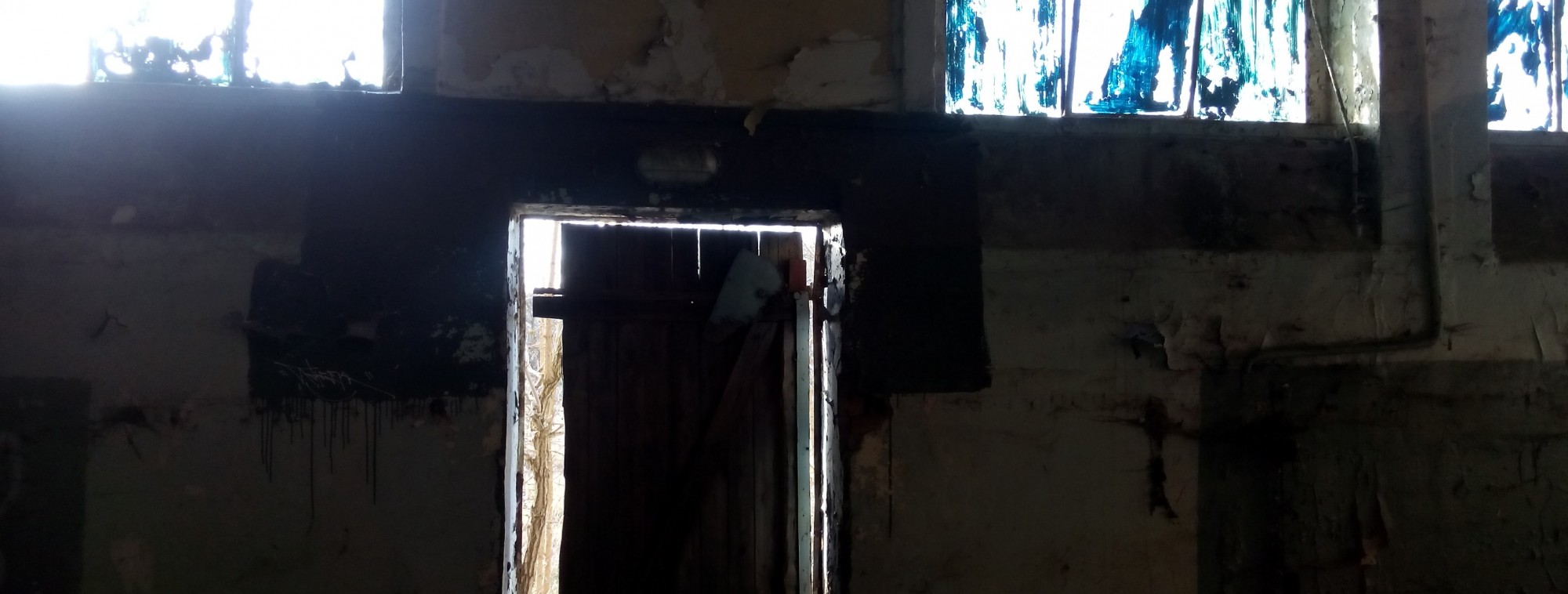Translation by @souvlaki@ni.hil.ist (Thx 😉 )
In the light of recent events: Even when a government decides that a pandemic now is over and that one is no longer mandated to use masks anywhere, would it be wise for us to continually observe the risk of infection with Covid.
At least my personal ambition is to make certain that also vulnerable persons, such as those with disabilities, previous illnesses, or those depending on immunosuppressive pharmaceuticals, will be safe around me, and that obviously includes events and protests in left-wing and anarchist circles.
Therefore, be so kind as to ask yourself:
- What kind of safety can we offer each other?
- Where and how do we communicate what kind of rules for public hygiene?
- Where are masks still mandatory?
- What can people in our communities rely on?
- How do we handle different situations (indoors, outdoors, disinfection, masks, tests, distancing, air treatment et cetera)?
Back to the matter at hand: Krüppel Pride has recently linked to a zine [translator’s note: the original zine linked here is in German, I am not aware of there being an English version, but this is a question that has been asked by various political groups worldwide] offering a good overview on the subject of accessibility at events and protests.
One thing often mentioned on Twitter for example is fear of being trampled or pushed around. For this reason, persons with disabilities tend to either shy away from protests or only participate if they are already organised with a group including other persons with disabilities.
But obviously, there are a number of aspects that organisers can keep in mind in order to make their protest more accessible and thus enable more individuals to participate.
An incomplete checklist:
- Publish a contact for questions
- Eliminate barriers to access in announcements, posters, flyers, stickers etc. (Contrast, colours, font size, captions on social media, gender appropriate and easy to understand language)
- Travel (Are there accessible train stations or other wheelchair-friendly public transportation options nearby?)
- When travelling by bus: Is the bus accessible for wheelchair users, can wheelchairs (including those with electric motors) be stowed away in a way that allows for quick and easy access?
- Route planning (possible obstacles include tram tracks, sand, uneven or muddy terrain, lack of dropped kerbs, elevations, short cuts etc.)
- At larger events: Accommodation, food, access to disability friendly restrooms
- Awareness team that does not act patronisingly when meeting complaints from persons with disabilities
- Well-trained street medics who are able to treat more than just heat stroke or injuries by pepper spray or batons
- At protest marches: tempo (especially considering persons with walking impairments)
- Some kind of time table when it gets going and enough places to sit when it is standing
- Announcements at the protest and speeches: How to communicate in a way that is accessible for the deaf and hard of hearing
- Buddies and affinity groups: Especially relevant for those inexperienced with street protest, and by protest where violent escalation (by the police or fascists, for example) are to be expected
- Areas shielded from loud music/provide simple hearing protection
- Asking the cops to turn off emergency lights on their cars or reduce them to a reasonable minimum (photosensitivity)
- Permit a looser «rear guard» for people who need some space or experience close formations/»blocs» as threatening (keep an eye out for cops tailgating the marchers)
- Pyrotechnics do not always behave in predictable ways. Nonetheless should one keep in mind that there are persons who, due to respiratory illnesses, are particularly sensitive to smoke from flares and similar devices – or unexpected noise from firecrackers (due to anxiety, PTSD, or similar)
- Areas free of smoking
- To be updated continually…
Contingency plans:
How to organise the protection of vulnerable participants?
- Accompany travel to and from location
- Crews on loudspeaker vans should communicate predictable dangers in transparent and appropriate ways, (e.g. if large numbers of marchers start running due to police action or attacks from fascists)
- In order to achieve this, there need to be individuals («buddies» or affinity group members) responsible for keeping an overview, ideally those experienced enough to evaluate dynamic situations that may occur
